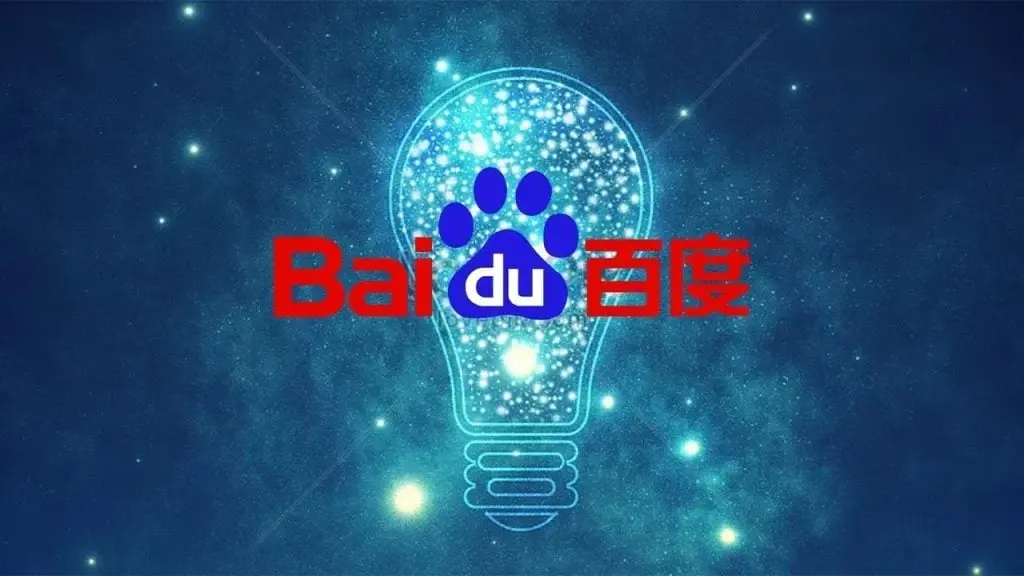Artificial Intelligence (AI) and the Role of Baidu in Navigating Geopolitical Challenges
Artificial intelligence (AI) has become a dominant force in the tech industry, and Baidu, the Chinese tech giant, is determined to continue its AI development despite facing export restrictions on advanced AI chips imposed by the United States. In response, Baidu has devised a strategic plan to sustain its AI projects, offering valuable insights into how technology companies can overcome geopolitical challenges and thrive in the competitive AI landscape.
Baidu’s CEO, Robin Li Yanhong, shared this strategy during the company’s recent third-quarter earnings call. Despite the limitations imposed by the U.S. curbs on AI chip exports, Li expressed confidence in Baidu’s ability to continue its AI initiatives, particularly its Large Language Model (LLM) called Ernie. Baidu has accumulated a stockpile of advanced AI chips, ensuring uninterrupted AI development for at least the next two years. This proactive approach demonstrates the importance of foresight and strategic planning in mitigating the impact of international trade restrictions.
Li’s comments also shed light on the broader implications of export curbs. While Baidu has found a temporary solution to sustain its AI projects, these restrictions could potentially slow down the pace of AI innovation in China. This situation may lead to a consolidation of Chinese AI companies, with a focus on leading LLMs. It emphasizes the interconnectedness of global tech industries and the far-reaching effects of geopolitical decisions.
Interestingly, Baidu’s situation highlights the potential of homegrown solutions. Li acknowledges that alternative chip sources may not match the advancements made in the United States. However, he emphasized Baidu’s strengths in unique AI architecture and algorithms. This suggests a potential shift towards self-reliance in AI technology, which could reshape the global AI landscape.
Moreover, Baidu has redirected its focus towards its Ernie Bot ecosystem, directly competing with OpenAI’s ChatGPT. This shift signifies a significant departure from Baidu’s traditional revenue streams. The success of Ernie Bot, with 70 million users within just three months of its launch, exemplifies Baidu’s potential to lead in the generative AI space.
In conclusion, Baidu’s response to the export restrictions on advanced AI chips showcases its determination to continue AI development through strategic planning and a stockpile of AI chips. This situation also highlights the potential consolidation of Chinese AI companies and the importance of homegrown solutions. Baidu’s success with its Ernie Bot ecosystem further solidifies its position in the generative AI domain. As AI continues to revolutionize industries worldwide, navigating geopolitical challenges will be crucial for companies seeking to thrive in this competitive landscape.


Leave a Reply